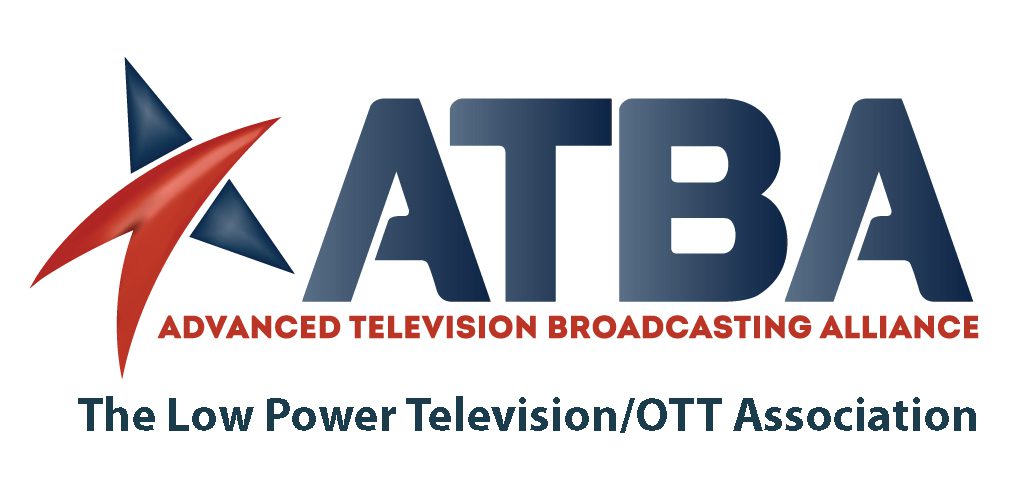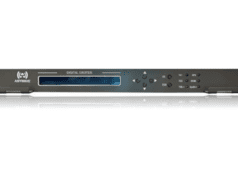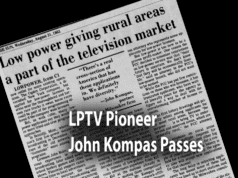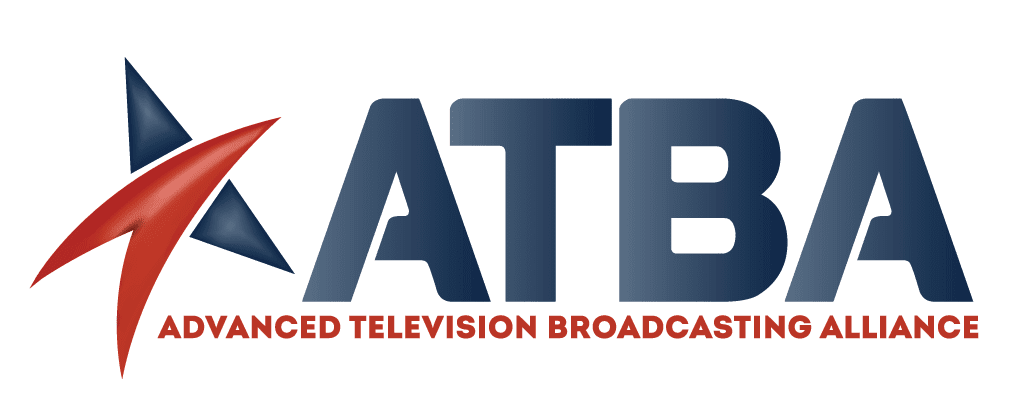Hoover Institution Research Fellow Adam J. White claimed small firms take the brunt of Washington regulators’ abuse in a testimony before the US Senate Committee on Commerce, Science and Transportation on Wednesday, Feb. 1, and he called for Congress to end “regulatory inequality” harming small businesses in particular.
During the hearing titled “A Growth Agenda: Reducing Unnecessary Regulatory Burdens,” White brought forth his personal experience with the inequality in small business regulation by way of explaining his work defending the rights of small, community-based low power television broadcasters. He said the broadcasters were forced to fight in the federal court system, at their own expense, to have an even playing field with the larger broadcast companies.
But White’s experience shows more small businesses than broadcasters are experiencing the unequal treatment. While working for a small bank, White witnessed their disadvantages in handling regulatory burderns that larger institutions were far better able to shoulder.
In his written testimony, White stated, “Another example I witnessed firsthand hits closer to this Committee’s home. Before I joined the Hoover Institution, my law firm colleagues and I became counsel to parties challenging the FCC’s orders establishing the unprecedented broadcast spectrum incentive auction, in which the FCC would conduct a reverse auction to buy back spectrum usage rights from licensees, then reorganize the available spectrum, and finally auction spectrum usage rights back to the public for new non-television uses.”
“In the Spectrum Act, which Congress legislated to authorize to the FCC to undertake an incentive auction, Congress took care to expressly protect the spectrum usage rights of low power television (LPTV) stations, which tend to broadcast for religious or ethnic communities that would otherwise go unserved by major broadcasters. Specifically, Congress provided in the Spectrum Act that ‘[n]othing in this subsection shall be construed to alter the spectrum usage rights of low power television stations.’”
“But the FCC radically reinterpreted that provision to presume that LPTV stations actually have no spectrum usage rights that prevent the FCC from unilaterally taking away their licenses without compensation, even when the LPTV stations’ Broadcasts have not interfered with the broadcasts of other licensees; and the D.C. Circuit ultimately affirmed the FCC’s interpretation of what the court held to be ambiguous statutory language.”
“That regrettable outcome—which threatens to force the shutdown of many LPTV stations, by the FCC’s own admission—highlights another major disadvantage that smaller companies face in the regulatory context: when Congress legislates in broad terms, it gives regulators much more discretion to impose their own policy preferences with the added benefit of significant judicial deference. In that context, small companies are left to fend for themselves in agency proceedings, where they enjoy far fewer of the resources and tools wielded by their much larger competitors.”











